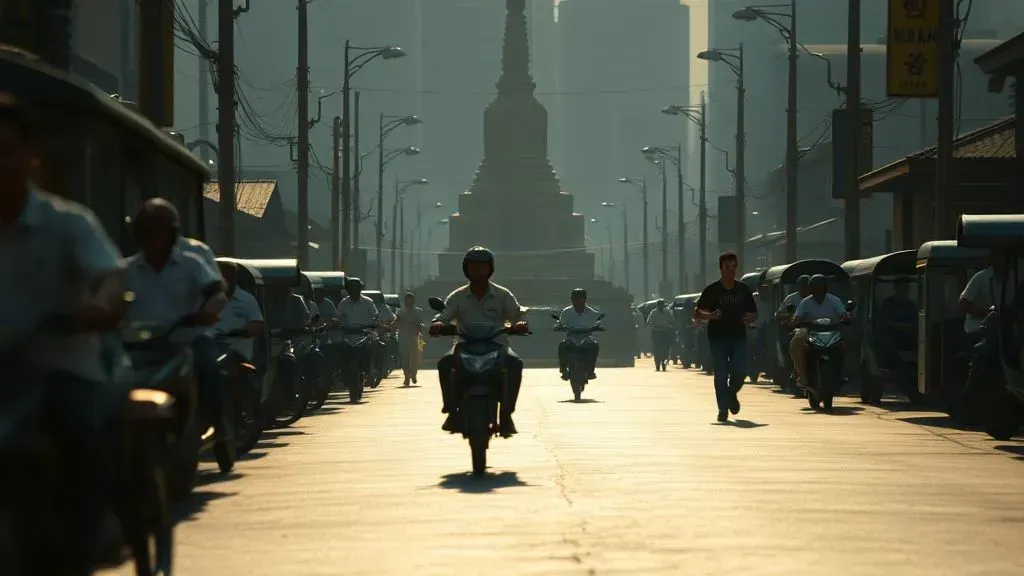
Over 3.5 million people remain displaced in Myanmar since the 2021 military coup, highlighting the ongoing humanitarian crisis. The junta plans elections for December 28, 2025, despite widespread conflict and criticism. This move aims to project stability but draws accusations of illegitimacy from international observers.
Background of Myanmar's Political Crisis
The military seized power on February 1, 2021, detaining leaders like Aung San Suu Kyi and overturning the 2020 election results. This coup sparked massive protests and armed resistance across the country.
Resistance groups now control significant territories, limiting the junta's reach to about three-quarters of the nation. The planned vote excludes many areas under opposition control.
Campaigning Kicks Off Under Strict Controls
Political parties began campaigns on October 28, 2025, two months before the poll. The military-backed Union Solidarity and Development Party held rallies to promote its agenda.
However, the junta's election commission imposed restrictions, banning large gatherings and door-to-door efforts for security reasons.
Increased checkpoints and arrests in regions like Mon State create fear among residents.
Why Experts Call It a Sham
UN expert Tom Andrews urged ASEAN to reject the elections, stating they aim to entrench military power amid atrocities. He emphasized the lack of free and fair conditions.
Human Rights Watch called on ASEAN to deny support, noting the vote defies the bloc's Five-Point Consensus for peace.
The National Unity Government denounced the process as unlawful, pointing to detained leaders and suppressed parties.
Ongoing Conflict and Humanitarian Impact
Airstrikes and clashes continue, with recent attacks killing civilians in Sagaing Region. Over 15.5 million face food insecurity due to blocked aid.
The junta uses the voter census for conscription, turning the process into a tool for control.
Resistance forces vow to disrupt the vote in liberated areas.
International Response and Calls for Action
The EU refuses to send observers, dismissing the elections as neither free nor fair. It calls for regional pressure on the junta.
ASEAN faces pressure to reset its strategy, rejecting the poll and engaging democratic stakeholders.
New Zealand MPs urge their government to denounce the vote to avoid emboldening atrocities.
Voices from Social Media
Activists and officials voice opposition online.
Fortify Rights highlights the need for sanctions over endorsement.
Myanmar's Foreign Minister Zin Mar Aung denounces junta airstrikes and urges rejection of the sham vote.
Implications for Regional Stability
The crisis spills over borders, fueling refugee flows and crime in neighboring countries. ASEAN must prioritize cross-border aid.
Stakeholders emphasize unity among resistance for a federal democracy.
Path Forward: Beyond the Ballot
Genuine dialogue requires releasing prisoners and ceasing violence. International partners should support inclusive processes.
The elections underscore the junta's desperation amid losses.
This situation highlights broader threats to democracy in Southeast Asia. Readers can advocate by supporting rights groups and staying informed on Myanmar's struggle.



